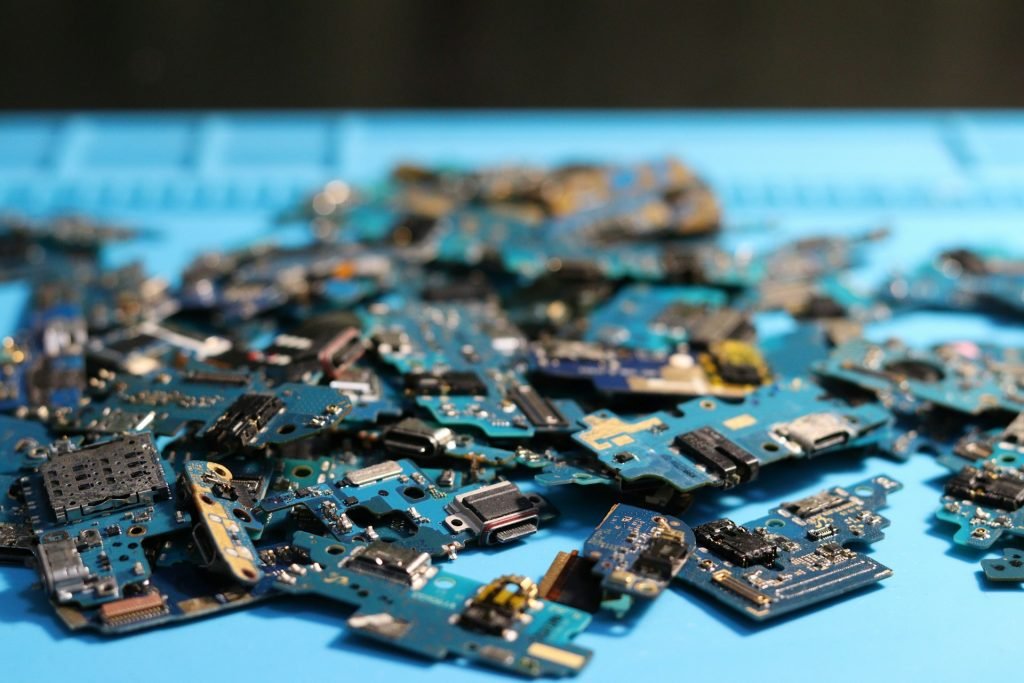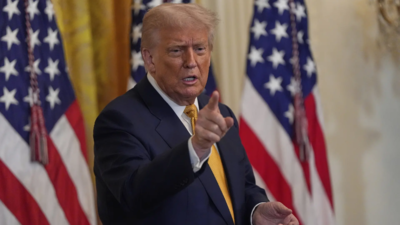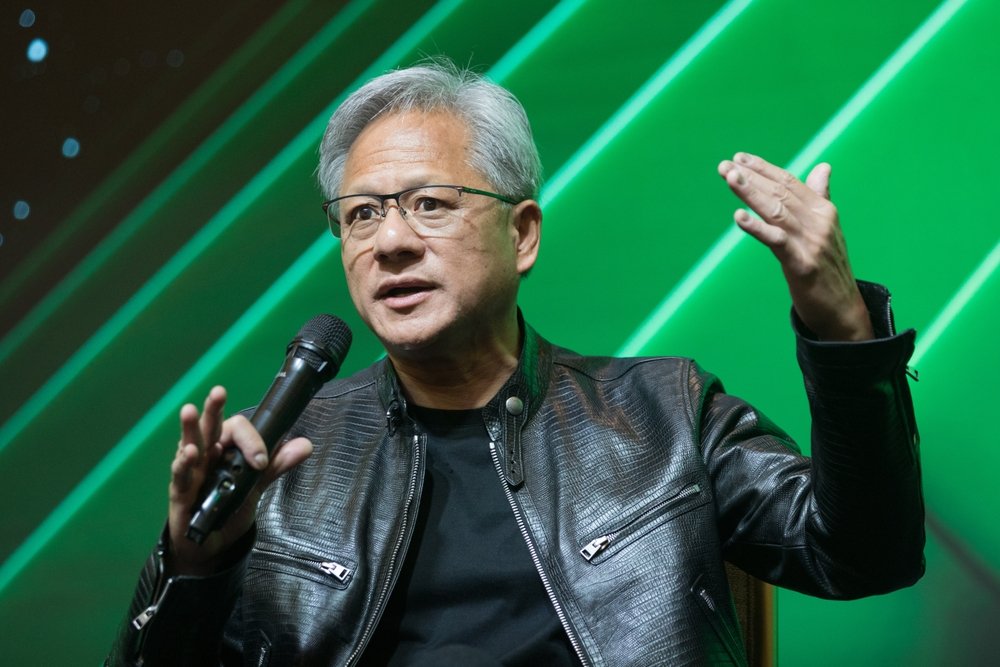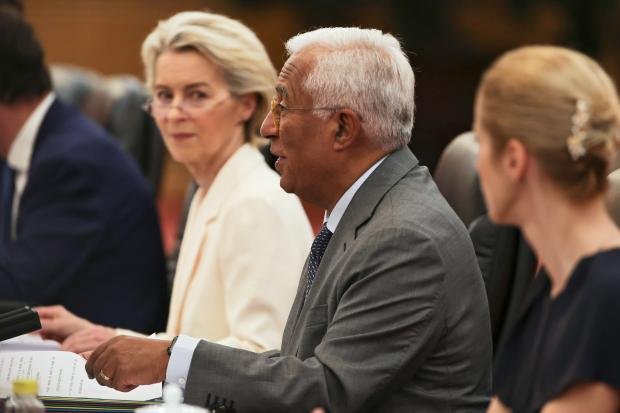San Francisco-based AI design app Lovart officially launched Wednesday, with North American users in focus.
Lovart
BEIJING — Chinese developers are powering some of the latest artificial intelligence tools aimed at a global market.
Melvin Chen moved to San Francisco from China to co-found AI design startup Lovart, which officially launched Wednesday — after claiming “800,000 users across 70 countries” for its test version.
“We will focus on North America as the first step,” Chen said in Mandarin, translated by CNBC. He previously led China operations for CapCut, a popular video-editing app from ByteDance that still ranks first in the photo and video category in Apple’s U.S. App Store.
Lovart uses AI to generate logos, stickers and other branding visuals based on text prompts. The new version launching Wednesday includes a “ChatCanvas” feature that claims to make specific edits easier — a client might ask a professional designer to switch two icons, a task difficult to explain only with words but simple when visuals are included, Chen said.
He expects Lovart to surpass 1 million users in the week after its launch. But he said the app isn’t coming to China soon, mostly because it’s based on Anthropic’s Claude 4 AI model and others from OpenAI — both of which aren’t officially available in China.
Beijing has to give generative AI models the green light for public use and operates a stringent firewall that blocks sites such as Google and Facebook. Companies also have their own rules about where their services can be used.

While most of Lovart’s team is based in San Francisco with the aim of better localizing the product, Chen said part of the production team is in China. He declined to share operating costs, and said the startup would seek investor funding after securing sufficient user growth.
Lovart has a free-to-use option, with monthly subscription fees of up to $90 for wider usage.
AI applications for video
In a global AI race, the U.S. government has in the last several years ramped up its restrictions on American companies selling advanced semiconductors to China. San Francisco-based OpenAI launched its ChatGPT chatbot in late 2022, and it wasn’t until January this year that China produced a clear rival with DeepSeek’s breakthrough.
But analysts have long expected China’s AI advantage would likely lie in applications rather than models, especially given that internet-based Chinese companies were able to build massive food delivery and short-video apps for the large local consumer market.
Already in AI video generation, Kuaishou’s Kling and Shengshu’s Vidu have gained global users in the last 18 months. In the realm of AI agents that can automatically perform a series of complex tasks, Manus has caught international attention.
“China-affiliated teams are increasingly influential, driven by concentrated technical talent, agile development culture, and policy support for AI commercialization,” said Charlie Dai, vice president and principal analyst at Forrester. “They excel in cost-efficient model training and rapid consumer app iteration, often prioritizing open-source accessibility.”
“Chinese models now compete globally, challenging U.S. dominance while lowering AI costs,” he said.
Another advantage is that China models such as DeepSeek and several others are open source, meaning they are free for developers to download and use.
Hugging Face, an online platform that allows people to try out open source AI models, regularly show that China models are among the top trending ones for users.
As of Wednesday, the Kimi K2 coding-focused model that was launched this month ranked first on the site, followed by Alibaba’s Qwen3 coding-focused modes that launched earlier in the day. In image-to-3D models, Tencent’s Hunyuan ranks first, while France-based Mistral’s Voxtral ranks first in audio-text-to-text.
Chen said Lovart will focus on AI for generating images and videos rather than 3D models.
“AI is the new camera … [for] capturing human imagination,” he said. He said the startup aims to build traction by holding events with the design community, including in New York, Tokyo and Europe.

Subscribe now
ChatGPT is by far the most popular AI app in the West, with 70 million monthly users on average in the U.S. and 144.6 million in Europe as of July, according to Sensor Tower.
Google’s Gemini was a distant second in both markets, but while Microsoft Copilot ranked third in the U.S., DeepSeek held the third spot in Europe, the data showed.
During a visit to Beijing last week, Nvidia CEO Jensen Huang said nearly all of DeepSeek’s users had downloaded the model to run it locally in countries around the world. He also emphasized that priorities for AI development are shifting.
“I think over time it will be increasingly less important which one of the models are the smartest,” he said. “It’s going to be which one of the models are the most useful.”


![[News] Samsung Reportedly Weighs Carbon Fiber in Next-Gen Foldable Amid China Supply Risks](https://koala-by.com/wp-content/uploads/2025/07/Samsung-Galaxy-Z-Fold-7-20250724-624x351.jpg)





